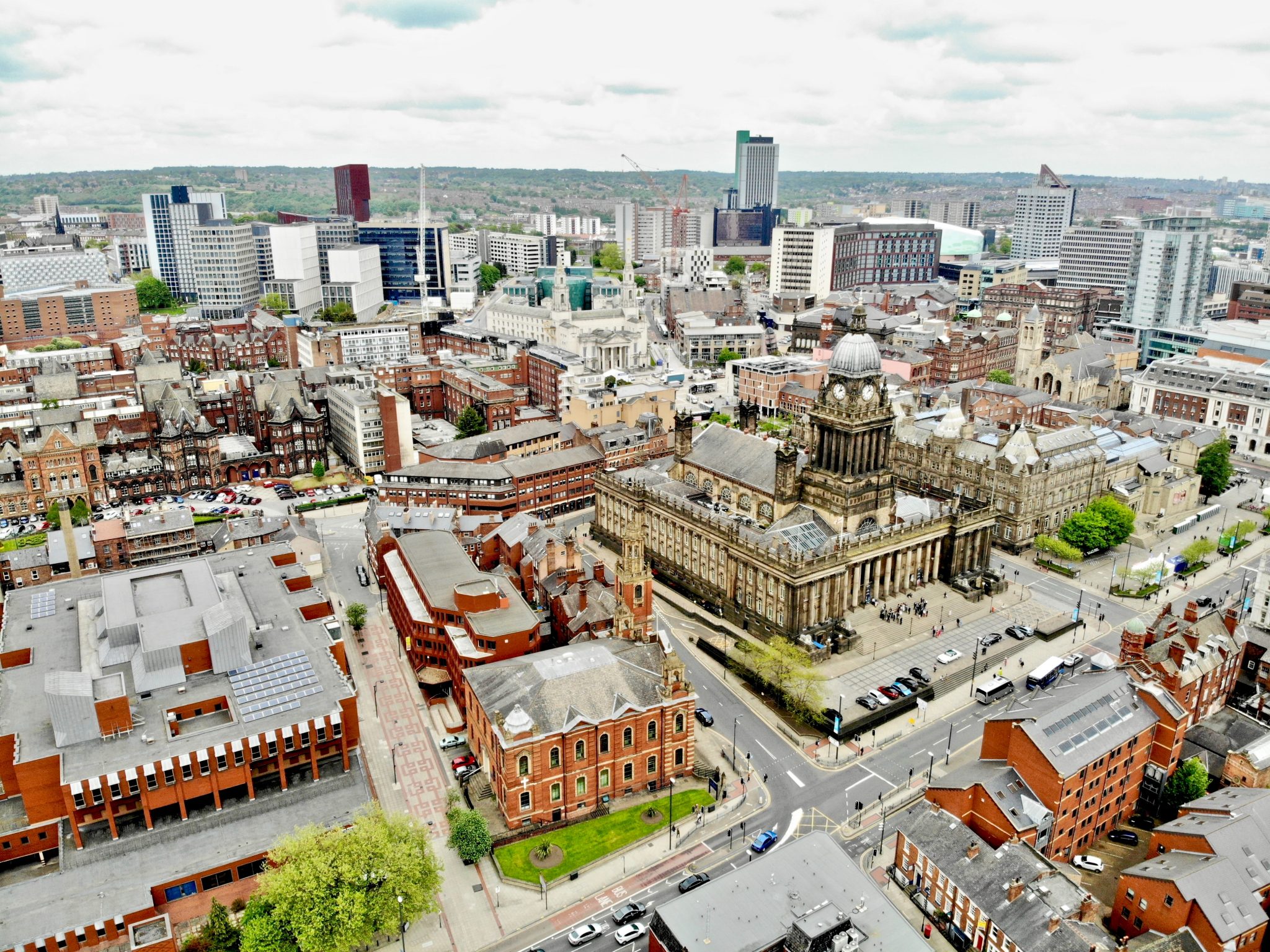The race to be West Yorkshire Mayor is hotting up with Labour having shortlisted three candidates ahead of a final candidate being chosen by party members in December. Ahead of this, we take a look at what the candidates are saying about housing and development and how the new Mayor must make this area a success.
Candidates for West Yorkshire Mayor are campaigning virtually and setting out their stall to local members and the wider region about their priorities should they be elected.
A key area for metro mayors is housing, with powers to deliver a spatial development strategy for the region. A West Yorkshire spatial strategy would require the agreement of all five local authorities. With potentially controversial allocations, this is a big potential headache for the new metro mayor and one they will be keen to avoid.
Andy Burnham has been challenged by local authorities over his spatial strategy in Manchester, which requires the approval of all councils. Many authorities see planning as a local rather than regional issue, and West Yorkshire candidates will have observed this and will be keen to bring the region’s leaders along with them to get housing policy done.
The new mayor will need to be a “deal maker”, something all candidates will be keen to stress, not least in the wake of Mayor Burnham’s COVID deal brokering with Government (or lack thereof). The West Yorkshire Mayor will need to work with authorities and broker agreements in tricky areas for agreeing development areas.
Labour have shortlisted their final three candidates, with Cllr Susan Hinchcliffe of Bradford taking a pro brownfield and protective of greenbelt tone. This is sound political strategy, appealing to those worried about a Mayor trampling over local decision-making over controversial greenbelt land release. An experienced local politician, Cllr Hinchcliffe has parked her tanks on the Tory housing lawn, perhaps anticipating the kind of concerns raised by Tory councillors at a recent Leeds Council meeting. However, it remains to be seen whether a brownfield first approach can deliver the required housing numbers.
Shortlisted Labour candidate Tracy Brabin hasn’t gone into detail yet on housing but positions herself as an outsider and not a traditional politician, who will likely aim to position a framework away from partisan party politics.
Aside from local politicians, robust and localised consultation will be a key factor to bridge this gap. We encourage the future Mayor to reach out to traditionally underrepresented groups and provide genuine local consultation over development. A dual approach of digital and in-person consultation will generate robust feedback and increase trust in the planning system, bringing communities along with the process. Labour candidate Hugh Goulbourne has highlighted genuine consultation in planning, and it will be vital that the eventual Mayor puts communities at the heart of their spatial strategy.
A metro mayor needs markers of success to point to and adoption of a development strategy will be high up their list. We look forward to seeing how this debate progresses over the coming months.


